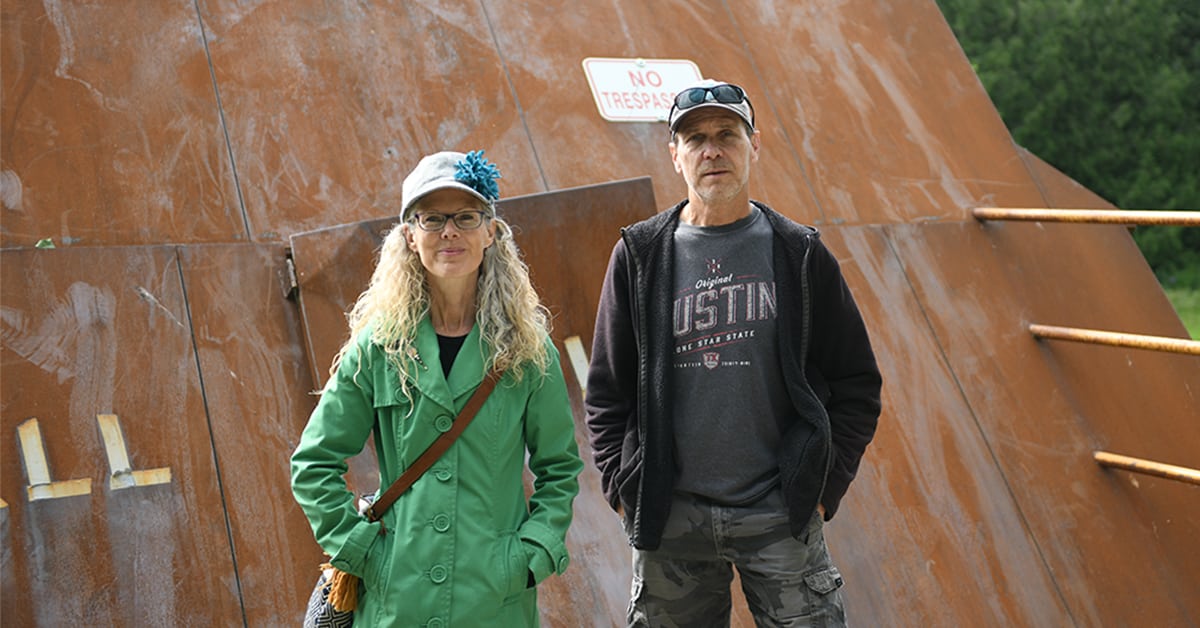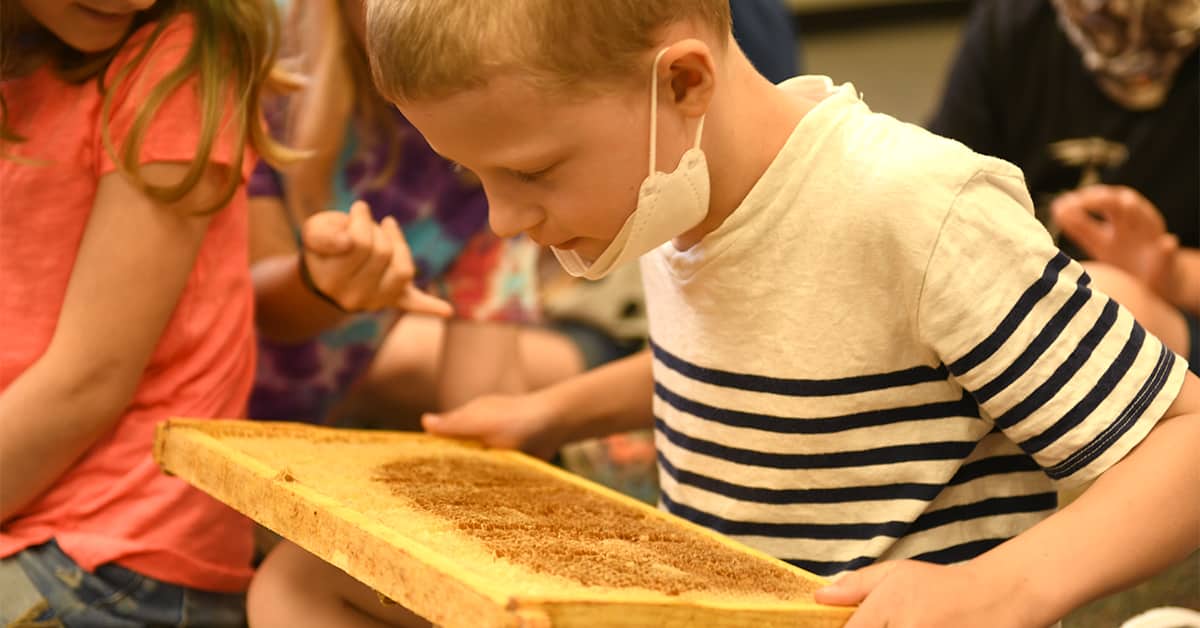;
;
;
Next Article
Event is music to the ears of bridge advocates

The Egyptians were the first people to keep bees. A sweat bee, the official bee of Toronto, will land and lick the sweat off your arm. Many types of bees don’t actually live in hives together. A plethora of bee facts were presented to students at Elmira’s John Mahood Public last week at an education
Last updated on May 03, 23
Posted on Jun 23, 22
2 min read
